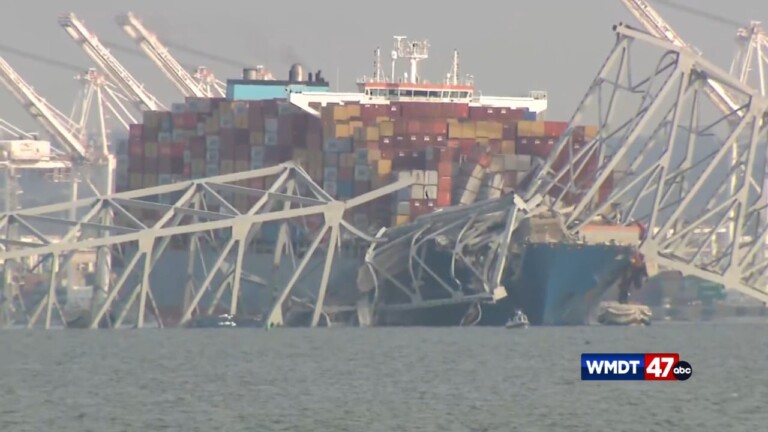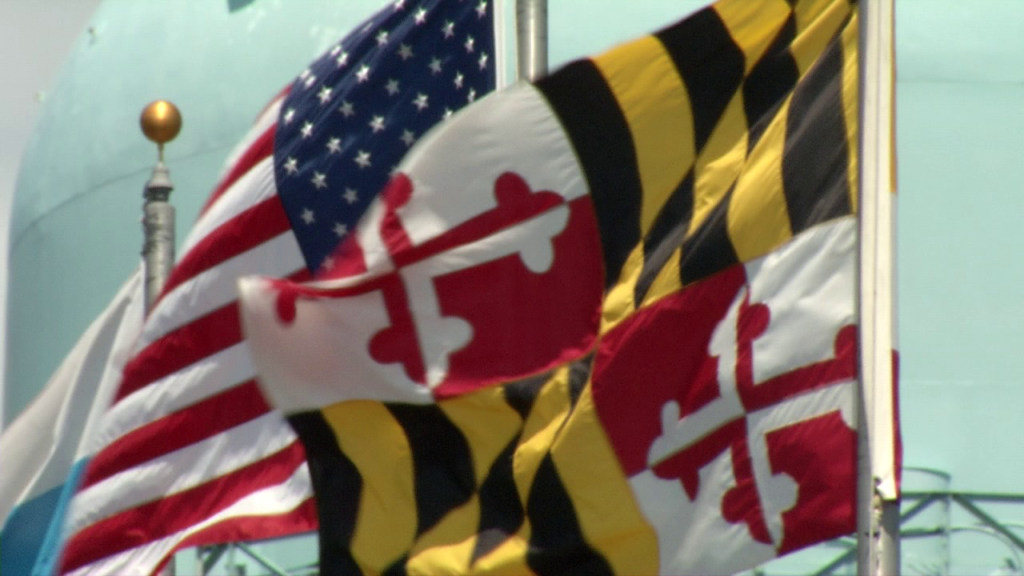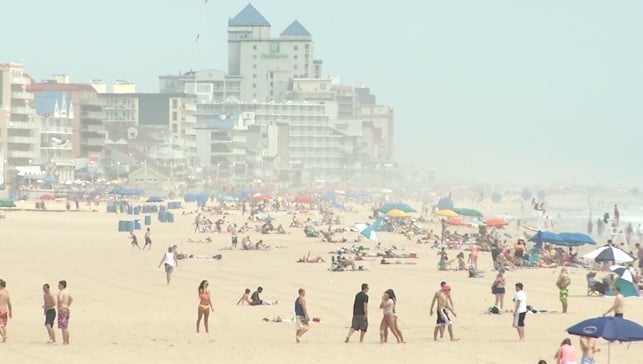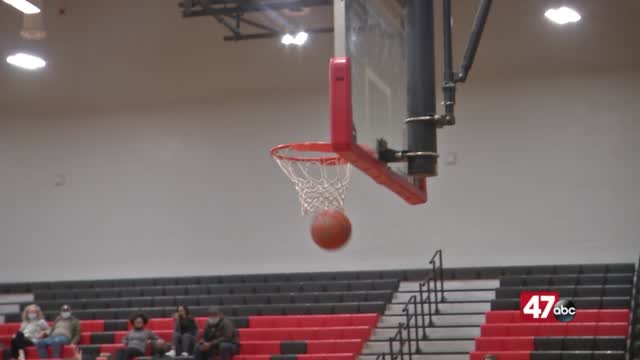Prepare for traffic, shipping delays says SBY Chamber as Port of Baltimore remains closed indefinitely

MARYLAND- As the Port of Baltimore remains closed indefinitely following the collapse of the Francis Scott Key bridge, jobs and commerce across Delmarva hang in the balance.
According to MDOT, the Port is the 2nd largest driver of Commerce in the state, launching cruises and importing roll-on, roll-off cargo that includes cars, agriculture equipment, and feed, as well as chemicals that are needed on Delmarva.
MDOT also lists the port as responsible for over 100,000 jobs in Maryland alone and $3.3 billion in personal wages & salary income.
“It is fair to say that goods and services and transportation and recreational opportunities that we rely upon for our food chain, our manufacturing chain, our leisure chain will be impacted by this,” said Mike Dunn of the Greater Salisbury Committee.
“Our tech companies, health care industry here in Maryland, our automobile dealers, they’re all going to be greatly impacted by these goods being severely slowed down, if not stopped until the port is reopened,” said Salisbury Area Chamber of Commerce President Bill Chambers.
Chambers says the closure leaves Norfolk, Wilmington, and Philidelphia as the only remaining Mid-Atlantic ports, and as logistics shift to bring more cargo there, it will be Delmarva that feels the impact.
“We’re going to see increased truck traffic on a US 301 coming out of 95 and Wilmington and then crossing the westbound spans of the Bay Bridge. I think we’ll see a tremendous increase, not only commercial truck traffic but general traffic as a whole,” Chambers said.
Chambers says it could also see companies like Purdue coming back to Salisbury to coordinate their logistics, as it would be closer to Nofrolk than their current Seaford facility.
The closure also leaving Salisbury as the only operating port in Maryland.
Dunn says it is a far cry from the capacity of Baltimore, but the business community stands ready to help and get creative with the resources that they can offer.
“That’s what we’re trying to do, is just extend a hand to our partners in Baltimore, in the state of Maryland, and say if there’s any way we can be part of helping you during this extraordinary time that we’re here,” Dunn said.
Chambers says he believes the collapse can also be a wake-up call for the state to have a better-funded transportation trust fund, which he says could be tapped if the state feels re-dredging the channel could be needed to re-open the port.
“The Maryland Transportation Trust Fund is already underfunded because gasoline tax revenue has been declining for years, there is a train commission, which is looking at ways to backfill the transportation trust fund but that backfilling is years away, whether it comes with higher tolls, higher vehicle registration fees, higher tariffs on goods and services to come into the port of Baltimore,” Chamber said.


